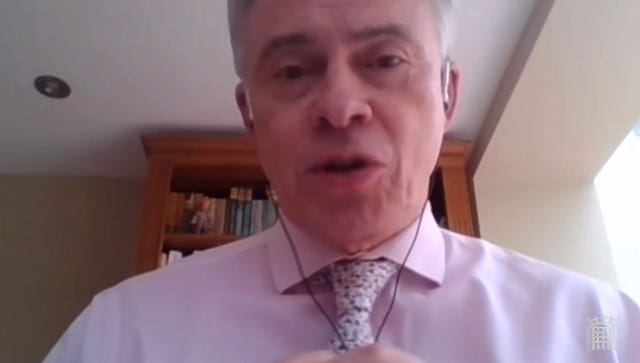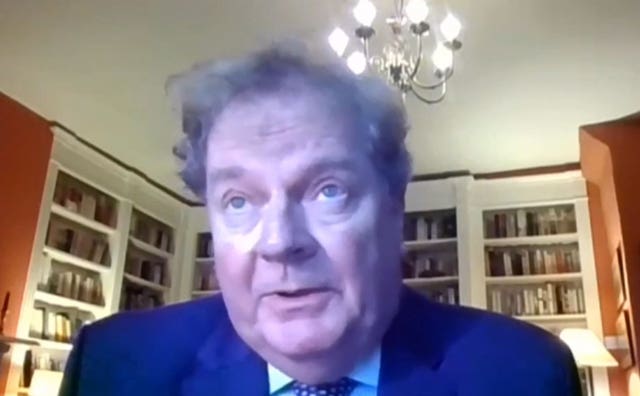Newspaper bosses call for ‘fair payment’ from tech giants
The trolling of journalists online was also discussed during the House of Lords Communications and Digital Committee hearing.

Newspaper bosses have called for media organisations to receive a larger portion of the profits their content generates on online platforms.
Their comments came during a hearing held by the House of Lords Communications and Digital Committee on the future of journalism.
Gary Shipton, editorial director of JPI Media, which publishes The Yorkshire Post and The Scotsman, said tech companies should pay publishers more for having their content on their platforms.

“All we are saying is we want some transparency, we want to understand what our content, which is very expensive to source, is generating for these groups and have a fair share, a fair royalty, if you like.”
He added that if publishers are not paid more by the tech giants “in the end, the platforms won’t be there”.
Peter Wright, editor emeritus of DMG Media, publisher of The Daily Mail and Mail on Sunday, said there were “structural problems” within the digital advertising market for news organisations.
He added that Google should provide more transparency over how its algorithms work.

“We have suffered some massive drops in Google search visibility in the last couple of years which we strongly suspect are attempts to get rid of header bidding,” he told the committee.
“Header bidding is a means that news publishers have used in order to access advertising demand from suppliers other than Google, so it’s been our attempt to maintain a competitive marketplace and you then find that Google simply make your content unavailable.”
Mr Shipton added: “Transparency over algorithms is incredibly important to the regional industry and, as Peter has said, we have seen sudden and unexplained drops in traffic which has a direct impact on our revenues and that’s probably one of our biggest concerns.”
Google and Facebook have been contacted for comment.

He said women and those from a black, Asian or minority ethnic (BAME) background are particularly affected.
“When we did a study of comments on our site, we did find that the journalists who were more targeted than not were women and people from a BAME background,” he said.
“There’s a serious issue here about freedom of speech from folks from minorities being more under threat than other elements of society.”
He added that those being abusive online are “a small proportion of the audience”.





